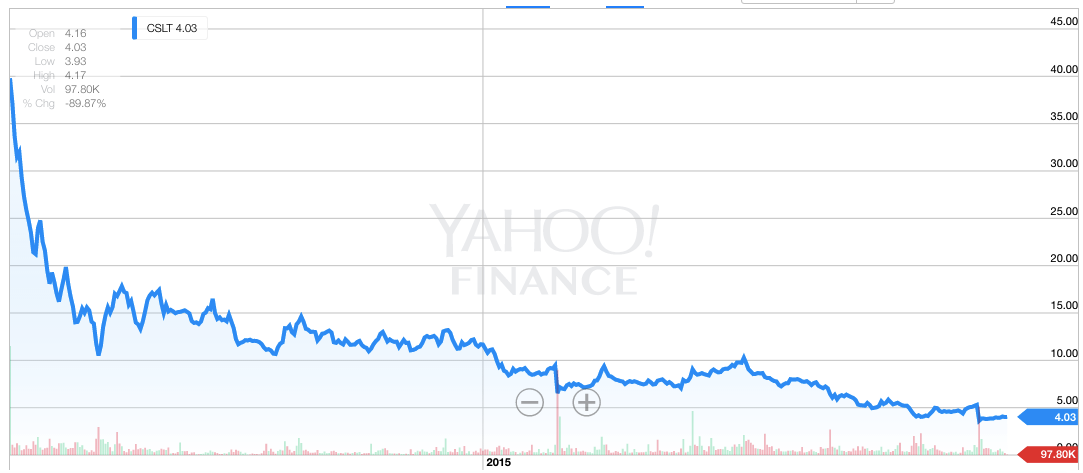The Convergence Of Private & Public Valuations Is Good For Employees
There’s been a lot of talk in the tech blogosphere over the last couple of weeks about the convergence of private and public valuations. One of the things that hasn’t been talked about all that much is how important this convergence is for employees at early-stage companies. I was talking to a founder recently and he was telling me that he really struggles with the tradeoff between the importance of showing the world that his company has a unicorn-like valuation versus the importance of keeping his valuation low so that new employees can see lots of value in a follow-on round or an IPO.
On one hand, being a unicorn gets you lots of good press and attention and is for good sales and good for recruiting. On the other hand, a huge valuation makes it hard to deliver value to employees in the form of stock options — if you’re already a unicorn, it’s likely that future employees have missed the big uptick and equity becomes a lot less valuable from a compensation perspective. When you have a potential bubble in the private market and normalcy in the public market, lots of employees are going to find their options are deep underwater. Castlight Health learned this the hard way following their IPO last year (see image below).
 Because of the emergence of crowdfunding, angel syndicates, private exchanges, and a lower regulatory bar to invest in early-stage startups, it’s likely that we’ll start to see much more consistency between private valuations and subsequent public valuations. Also, don’t underestimate tools like eShares that help founders manage complex cap tables. I can vividly remember being at a startup where we didn’t want to give out stock options to consultants for no other reason than it would’ve added too much complexity to our cap table. It's a lot easier for a private company to manage thousands of investors than it used to be.
Because of the emergence of crowdfunding, angel syndicates, private exchanges, and a lower regulatory bar to invest in early-stage startups, it’s likely that we’ll start to see much more consistency between private valuations and subsequent public valuations. Also, don’t underestimate tools like eShares that help founders manage complex cap tables. I can vividly remember being at a startup where we didn’t want to give out stock options to consultants for no other reason than it would’ve added too much complexity to our cap table. It's a lot easier for a private company to manage thousands of investors than it used to be.
A founder’s desire to push for a massive valuation is perfectly understandable. It creates a buzz that helps recruit employees and close big deals. But when founders push too hard for a private valuation that won't hold up when employees find liquidity, it's bad for the team that built the company in the early years. It's great to see private and public valuations beginning to converge.